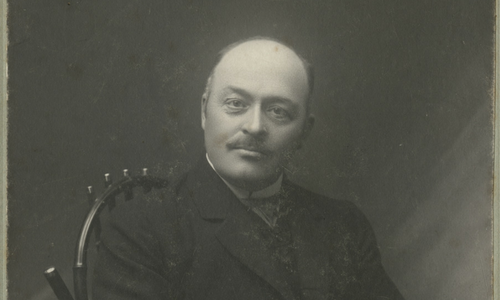Šiauliai on the Threshold of Changes
Straight after the third partition of the Commonwealth of Both Nations and the occupation of the land of Lithuania, Russian Empress Catherine II, based on the Russian law ‘Malonės raštas miestams’ (‘Letter of Grace to Cities’), in 1785, granted these privileges and rights to Šiauliai: Šiauliai became the centre of the county. Just before the land of Lithuania goes to the Russian Empire, the authority of Šiauliai economy passes to count Platonas Zubovas, the favourite of the Empress of Russia, Catherine II. This is an important turning point in the history of Šiauliai not so much due to P. Zubovas’s activities but because the holdings ruled by him were passed to his elder brother Dmitrijus, who originated the Lithuanian branch of the Zubovai family, which was famous and well deserving to Šiauliai and Lithuania. The power of local nobility was diminishing, and Russian authorities believed that namely they were the most rebellious social stratum. Meanwhile, the belief predominated that it was much easier to control townspeople, which determines the growth of their stratum. All authorities of the city are concentrated in the hands of city hall officials and executives, whose decisions are often inseparable from the will of the central authority, while cultural life usually depends on intellectuals of noble origin. The life of Šiauliai city in the Russian Empire is best reflected in several different but important activity areas.






Leave feedback